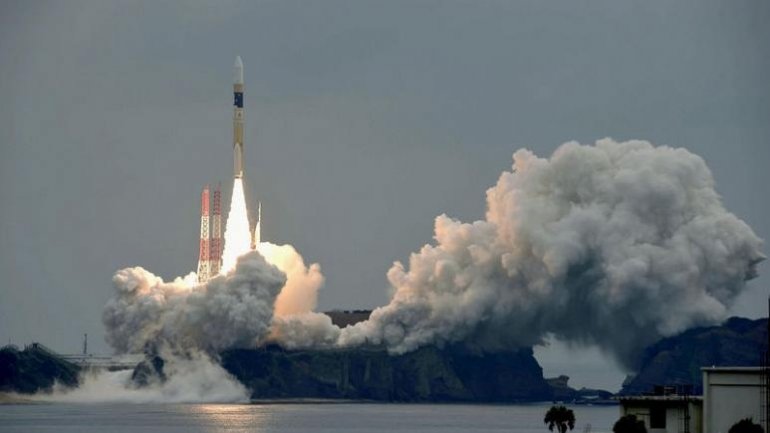Japan launches its version of GPS satellite to improve location positioning
 foto: euronews.com
foto: euronews.com
Japan launched a rocket carrying a satellite with a local version of the U.S. global positioning system (GPS) on Thursday, which is expected to increase the precision of location information used in smartphones and car navigation system, Euronews reports.
Japan launched an H-2A rocket which carries the satellite called “Michibiki No.2” from a space centre in Tanegashima, southern Japan. The nation launched the first Michibiki satellite into space in 2010 on a trial basis and it plans to send two more satellites later this year, according to the Cabinet Office. Once the four satellites are in orbit, at least one satellite will be flying over Japan for eight hours per day. Combining with the U.S. GPS and the Japanese system will enhance the stability of receiving radio waves and increase the precision of position information.
The U.S. GPS has a margin of error of about 10 metres (about 33 feet) but together with the Japanese system positioning error will be reduced to only several centimetres (a few inches). The system is expected to used for such activities as driverless tractors in farming and to help develop automated construction machines. By fiscal 2023 the government plans to have launched a total of seven satellites into orbit and secure Japan’s own GPS system without depending on the U.S. system.
- Eight school children feared dead in Japanese avalanche (PHOTO/VIDEO)
- NATO puts big money in satellite, cyber defenses
- SpaceX to make history with its first reused rocket launch
- SpaceX’s first Falcon Heavy launch could attempt upper-stage recovery
- North Korean ballistic missile fired into the Sea of Japan
- MH370: New analysis reiterates plane's likely location